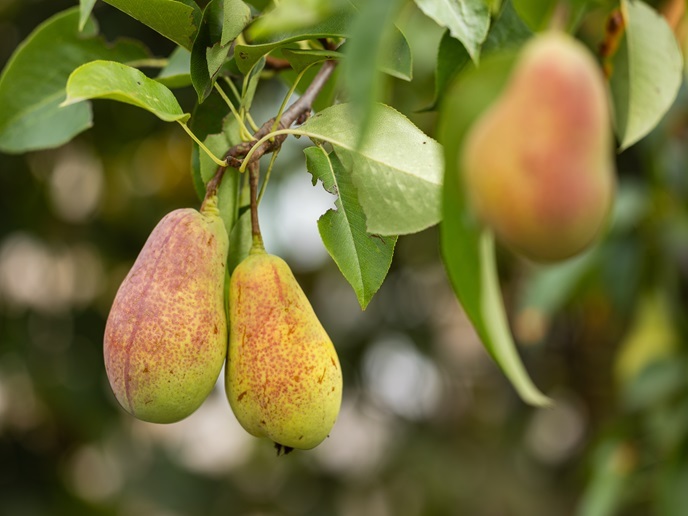Unlocking secrets for sustainable plant nutrition and agriculture
As the world's population increases, the pressing need for sustainable food production within the next 30 years poses a formidable challenge. Plant growth depends on nutrient availability and understanding how they adapt to nutrient deficiencies is crucial. Mineral nutrients such as nitrogen and iron also play a role in atmospheric CO2 fixation, since photosynthesis serves as the primary entry point for carbon in ecosystems. Therefore, unravelling these biological processes is essential for developing new strategies to enhance crop resilience and productivity, ensuring food security and environmental preservation.
Assessing nutrient deficiencies in plants
Undertaken with the support of the Marie Skłodowska-Curie Actions(opens in new window) (MSCA) programme, the ExuNutriStress(opens in new window) project has made significant steps in understanding how trees respond to nutrient deficiencies. The research was conducted in poplar, which serve as an excellent model for forest tree research due to their rapid growth, maturation and wide geographic distribution. The project's emphasis on nitrogen and iron deficiencies stems from the critical roles these elements play in numerous plant molecules and processes, including photosynthesis and biosynthetic pathways. As agriculture contributes to 60 % of the projected increase in nitrogen pollution, understanding how poplar trees mobilise nitrogen from the soil provides potential solutions to lower nitrogen input. Root exudates(opens in new window) are organic compounds released by plants in the soil. They improve nutrient bioavailability and plant growth by altering rhizosphere physical and chemical properties and its microbiota. Root exudates are intricately involved in biogeochemical nutrient cycles. It is therefore important to understand how root exudates are affected by nutrient deficiencies. Exudates also play a crucial role in carbon sequestration(opens in new window) in soils, which could be affected by the nutrient status of plants. “ExuNutriStress has the potential to improve sustainable agriculture by offering alternatives to synthetic fertilisers” outlines principal investigator Sébastien Thomine.
How does nutrient deficiency affect plant metabolism?
Researchers undertook a series of hydroponic experiments conducted under controlled conditions. These experiments assessed the effects of nitrogen and iron deficiencies – both individually and in combination – on the root exudates of poplar trees. Researchers monitored parameters such as chlorophyll levels and pH and analysed micro and macronutrients in different parts of the plants. Project findings indicate that poplar roots accumulate specific metabolites under nutrient stress, including flavonoids(opens in new window). Under nitrogen deficiency, the imbalance in both nitrogen and carbon metabolism affects flavonoid production, while iron deficiency impacts fatty acid and amino acid pathways. “These insights are critical in understanding plant responses to nutrient stress,” highlights MSCA research fellow María Teresa Cieschi.
Societal and environmental impact
The ExuNutriStress project represents a significant step forward in our understanding of plant physiology under nutrient stress. Its findings not only contribute to the scientific community but also have far-reaching implications for sustainable agriculture. The knowledge generated about the role of root exudates in plant nutrition promises to pave the way for more effective and environmentally friendly agricultural practices, including sustainable fertilisers. The project has actively disseminated its findings through its website, social media and at the researcher’s night event in Paris, furthering its outreach and impact. As the project continues, its ongoing research promises to uncover more groundbreaking insights into plant nutrient management and ecological balance.







